Bride price practices in Africa
- Published
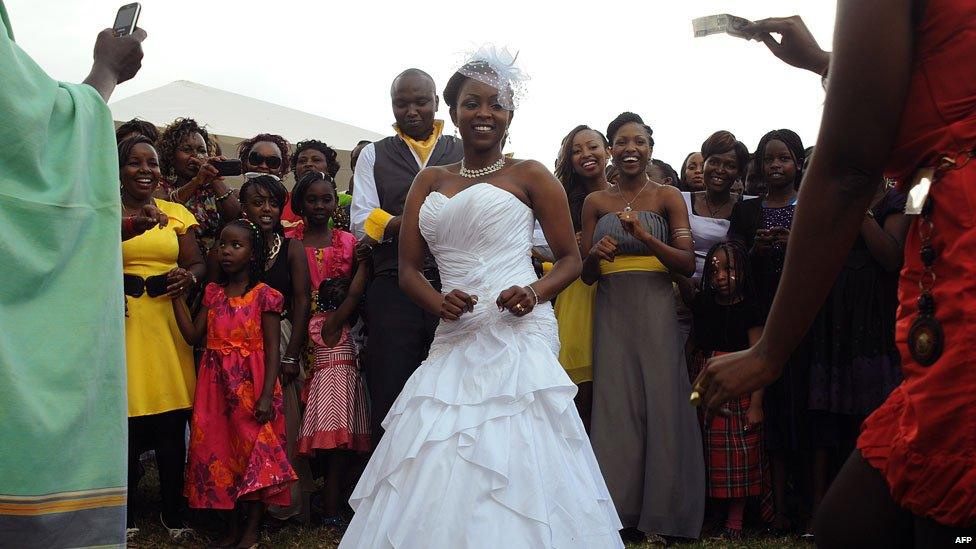
Uganda's top court has ruled that "bride price", when a man pays his future wife's family for her hand in marriage, is legal.
But the judges have banned the practice of refunding the bride price on the dissolution of a marriage.
The custom of paying bride prices is widely practiced in Africa, but traditions vary, as some BBC Africa colleagues explain.

Pumza Fihlani, South Africa:
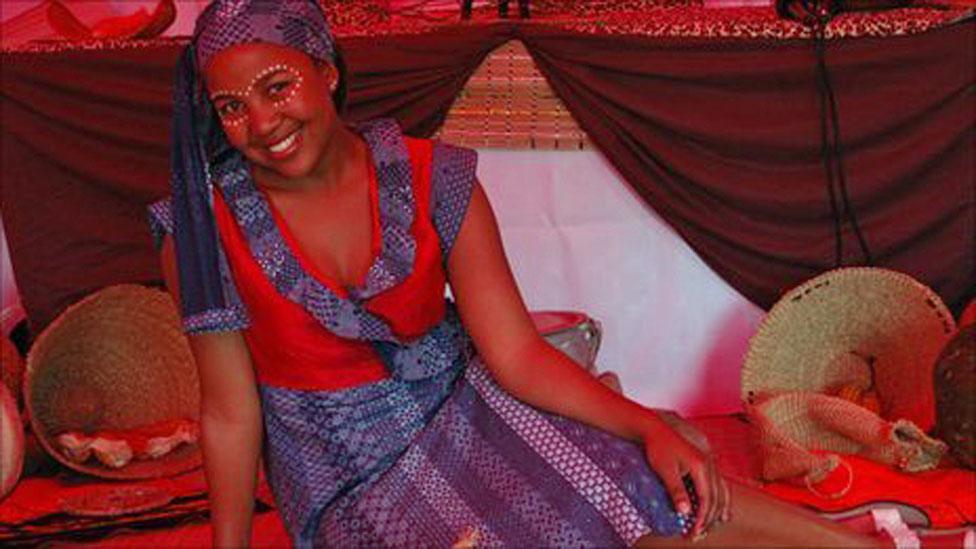
A bride price here is known as "lobola", where the groom's family presents either money or cows or both to the bride's family as a gesture of his willingness to marry her.
The payment of lobola is a sign of the man's commitment to take care of his wife and is seen as a symbolic act and a necessary part of upholding culture, rather than a purchase.

Kim Chakanetsa, Zimbabwe:
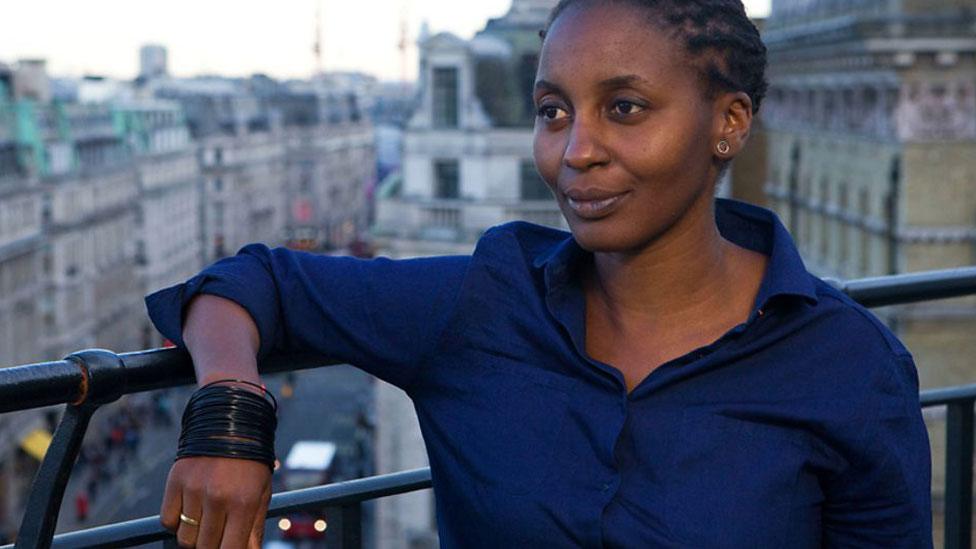
The term "lobola" is also used in southern Zimbabwe, but in Shona communities it is known as "roora" and while the tradition is to give cattle, this is now often replaced by cash - the amount is subject to negotiation.
There are several stages to the tradition and it is seen as a way of thanking the bride's family for bringing her up, but there is no sense that the bride is being bought.

Abdourahmane Dia, Senegal:
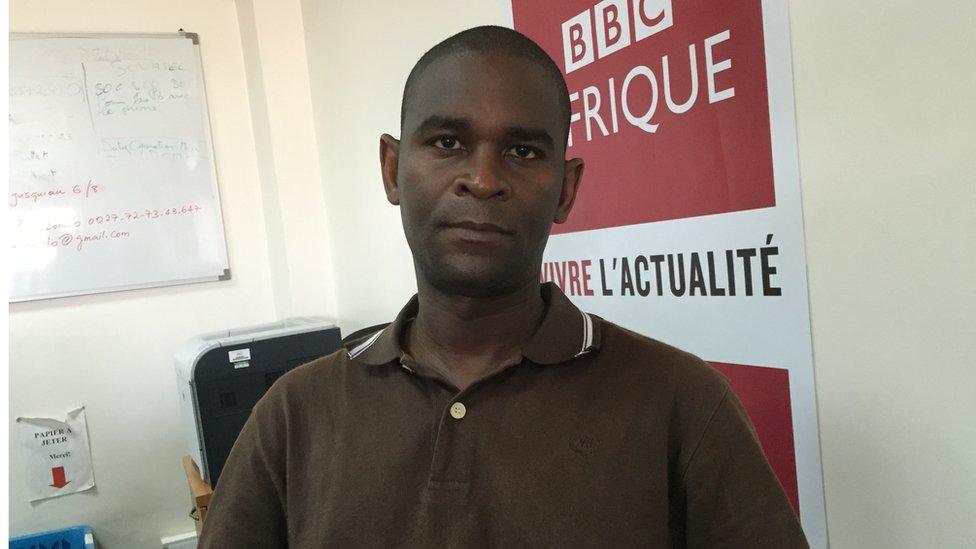
The payment of bride price is customary in Senegal but largely symbolic.
A small amount of money and a kola nut is given to the bride's family at the mosque, after that the sum handed over can be any where from less than $100 to tens of thousands.

Angela Ngendo, Kenya:
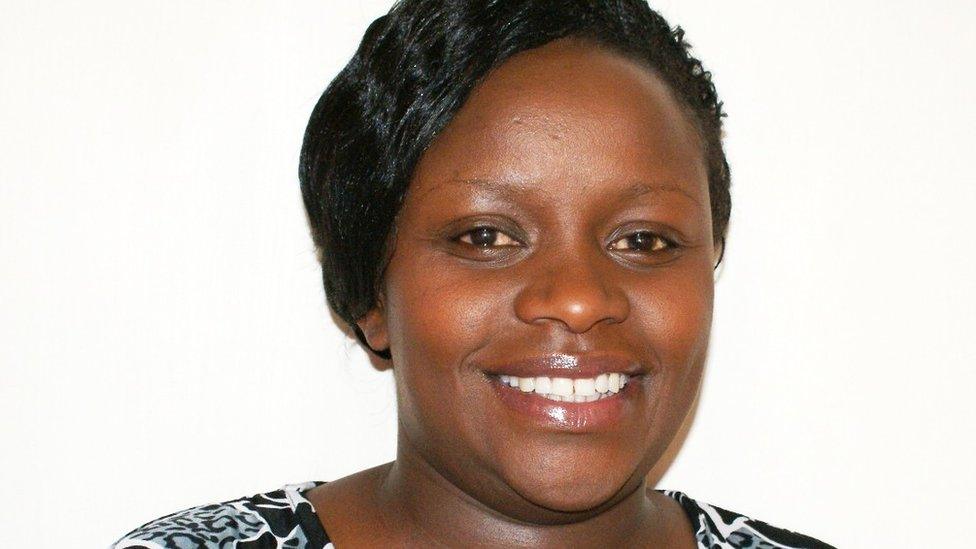
The Kenyan constitution outlaws the obligation to pay a bride price but it is widely understood that it will be paid.
Pastoral communities insist that it is paid in cattle and it has been cited as a cause of cattle rustling, whereas families in other communities will accept cash.
There is a sense that a transaction has taken place over the bride.

Leone Ouedraogo, Burkina Faso:
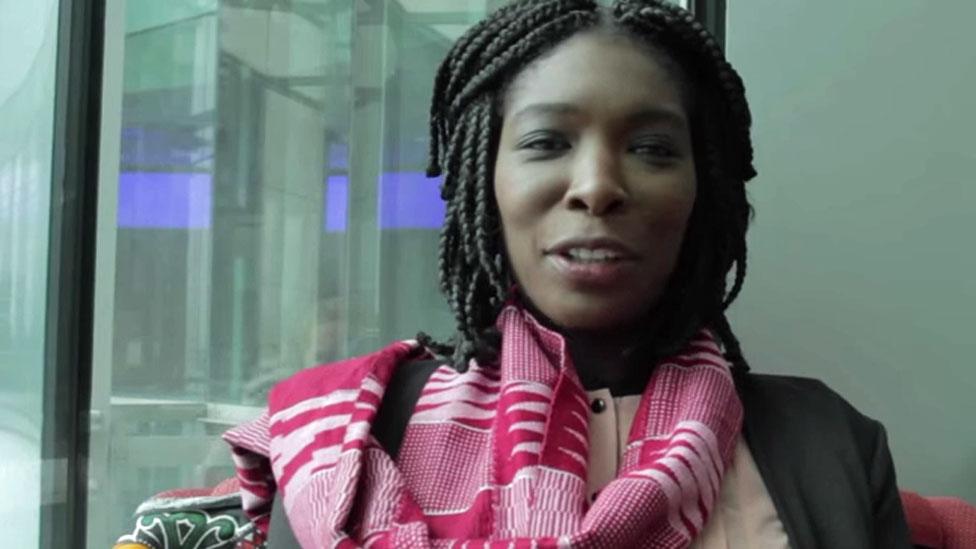
The bride price is commonly paid in Burkinabe culture and is largely a symbolic act.
There is no set amount and a little money is given, but it is mainly in goods such as kola nuts, drinks, cigarettes - and some ethnic groups may give a goat.
However, a bride's family is not normally too demanding.

Aichatou Moussa, Niger:
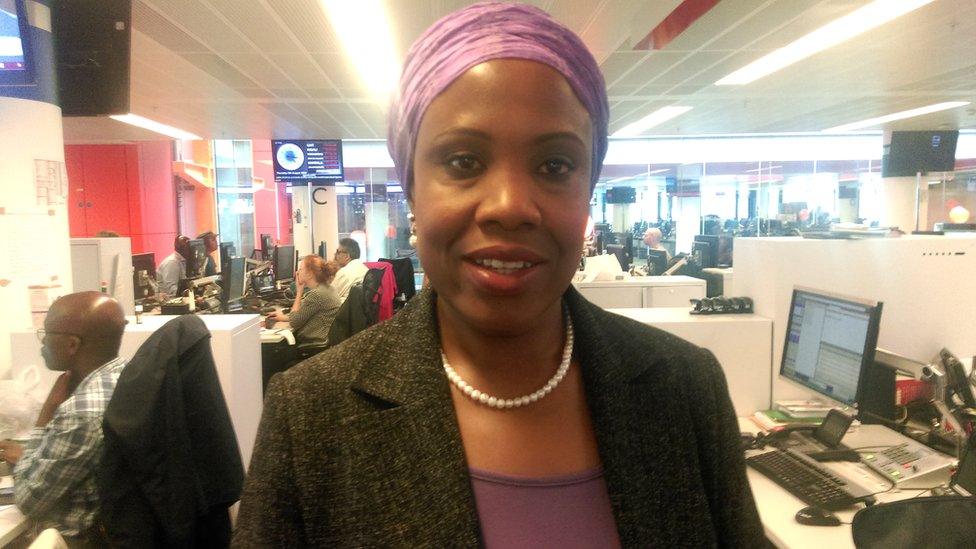
In Niger there is an official maximum rate for a bride price of 50,000 CFA francs ($83, £54) but many pay much more than this.
The price is agreed between the families, but it is seen as a symbolic act rather than about buying the wife as Nigeriens say not matter how much is paid you cannot buy a human being.